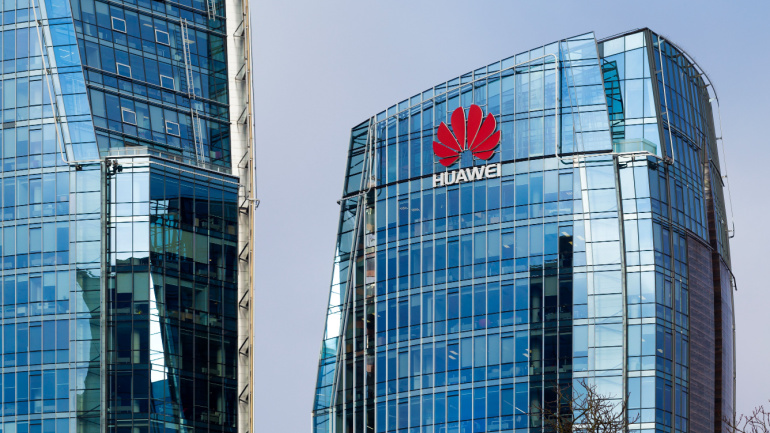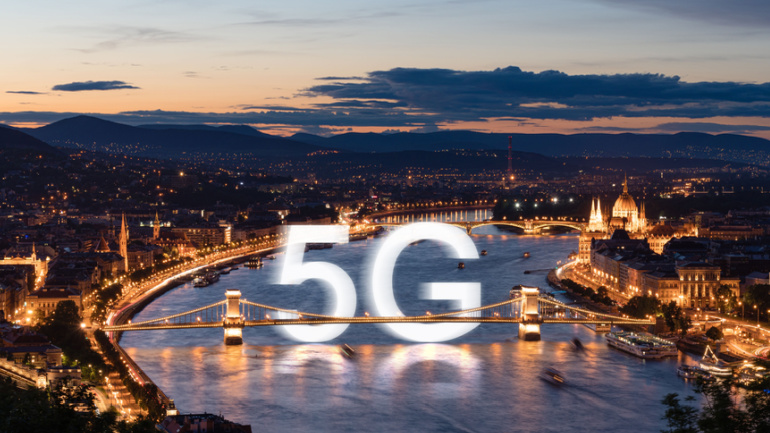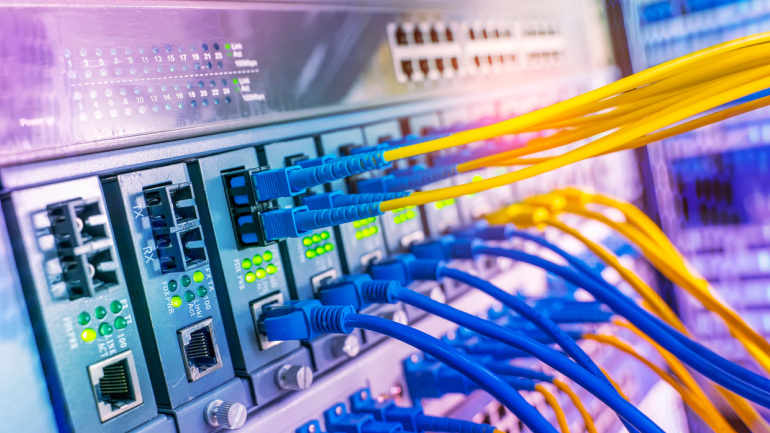Intel’s massive €30 billion European project advances with state-of-the-art factories in Magdeburg, Germany, boosting job creation and supply chain resilience amid global semiconductor demand. Will the ambitious initiative fulfill high-tech production aspirations?
As the EU deliberates banning “high-risk” companies from its 5G networks, Huawei receives €3.89 million in funding for research into 6G, AI, and cloud computing. With Germany’s position potentially sealing Huawei’s fate in Europe, the future remains uncertain.
The European Commission allocates $9.2 billion for R&D initiatives in telecoms and semiconductor sectors, targeting innovative microelectronics, 5G and 6G technologies. To support digital sovereignty goals, private investment of $15.5 billion and 56 companies are involved.
EXA Infrastructure partners with Cinturion to connect state-of-the-art Trans Europe Asia System to its high-speed digital infrastructure, expanding routes and bandwidth for global customers and strengthening connectivity between India, the Middle East, and Europe.
Europe’s 5G networks showcase impressive download speeds, potentially positioning them as a viable alternative to fixed wireless access (FWA) connectivity. With Norway and Spain leading the way, 5G is maturing into a justifiable investment, rivaling broadband and low Earth orbit satellite services in several European countries.
Tamares Telecom partners with Grid Telecom to create ANDROMEDA, a subsea optical fiber cable system connecting Greece, Cyprus, and Israel, aiming to establish a new telecommunications corridor between Europe and the Middle East. This strategic alliance offers enhanced connectivity, network diversity, and low latency for wholesale customers across the region.
EllaLink and EXA Infrastructure join forces to offer a high-capacity, direct transatlantic data route, connecting Europe and South America for unprecedented network performance. Closing the connectivity gap, this collaboration strengthens Portugal’s position as a southern European digital hub.
With unparalleled speed, convenience and security, A2P SMS service empowers organizations to reach customers using personalized, targeted messages that drive results and foster brand loyalty. DIDWW, a global provider of premium quality VoIP communications and SIP trunking services to operators and businesses all over the world, has further expanded the coverage of its A2P SMS service with alphanumeric sender IDs by adding 21 European countries. These new additions will enable DIDWW to offer its customers further opportunities to send SMS messages with a guaranteed sender ID that matches their brand name, increasing brand recognition and customer engagement. The service is now available in the following countries: Austria, Denmark, Estonia, Finland, France, Germany, Greece, Iceland, Ireland, Italy, Latvia, Lithuania, Luxembourg, the Netherlands, Portugal, Slovakia, Slovenia, Spain, Sweden, Switzerland and the United Kingdom. The DIDWW architecture can handle large volumes of messages, provide real-time monitoring and ensure high delivery rates.…
The European Commission has approved a joint venture founded by several of Europe’s leading telecommunications providers, including Deutsche Telekom, Orange, Telefónica and Vodafone. The goal of this partnership is to create a revolutionary type of digital advertising platform that will offer a technology solution for digital advertising, while putting privacy first. The holding company, which will be headquartered in Belgium and managed independently, will include a 25% ownership position from each of the major telecom companies. The platform was created with the General Data Protection Regulation (GDPR) of the European Union in mind, and it has already undergone successful testing in Germany. The platform will be made accessible to any operator in Europe. To activate messages from marketers via publishers, consumers must explicitly opt-in to the new platform. The only item communicated is a “pseudo-anonymous digital token” that cannot be reverse-engineered. With improved transparency, protection and supervision over…
The SHEFA-2 underwater cable, which connects the Faroe Islands to Scotland’s mainland through the Shetland and Orkney Islands, suffered damage in two separate instances last week, rendering much of the island without Internet access. In separate events, three critical subsea cables linking Marseille to Lyon, Milan and Barcelona were deliberately severed in the south of France, according to the cable’s operator, affecting internet service for consumers in Europe, Asia and the United States. Cloud service providers worked quickly to repair the backbone infrastructure. According to a report by the cloud security company Zscaler, the unanticipated cable damage caused packet loss and increased latency for websites and apps transiting the damaged pathways. While the French authorities believe sabotage occurred, their Scottish colleagues are still unsure of what actually severed the wires. “We expect it will be fishing vessels that damaged the cable but it is very rare…











